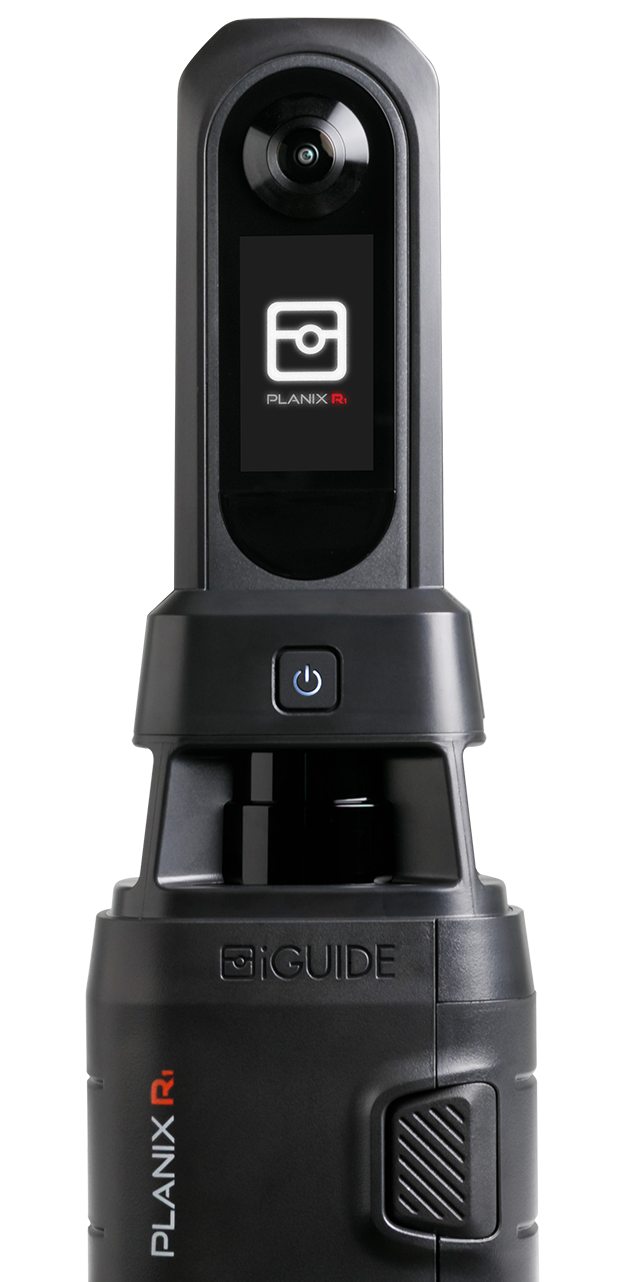Why do 90% of QSR construction projects face delays?
Manual measurements, missed details and data that doesn’t match reality all add up to costly rework, wasted time and project setbacks. For quick service restaurants (QSRs), franchise owners and general contractors, delays aren’t just inconvenient—they’re expensive. Every extra day delays revenue, increases labor costs and strains vendor relationships.
The real cost of an inaccurate site survey
Site surveys are the foundation of a project. But when that foundation is weak, everything else crumbles.
- Project delays: Bad data equals bad decisions. When site measurements are off, teams waste time fixing issues instead of moving forward. One small miscalculation can mean reordering materials, redesigning layouts or rescheduling contractors.
- Costly rework: Construction teams don’t work for free. Every mistake means spending more on labor, materials and extra site visits. Rework can eat up 5-10% (McKinsey & Company) of a project’s total cost—money that could’ve been saved or reallocated with accurate data upfront.
- Increased travel expenses: Traditional surveys often require multiple site visits to confirm details or capture missing information. Flights, hotels and per diems add up fast—especially when managing multiple locations nationwide.
- Communication breakdowns: Misalignment happens when different teams (architects, contractors, designers) work with inconsistent data. Confusion leads to delays, and delays lead to frustrated stakeholders.
Why traditional site surveys fail
- Human error: Manual measurements can be 10-30% inaccurate (National Institute of Standards and Technology).
- Incomplete data: Important details (like ceiling heights or fixture placements) get overlooked.
- Limited access: Many survey providers lock site survey data behind recurring fees, making sharing hard for teams.
A smarter approach: Digital site surveys with iGUIDE
Leading QSR brands, franchise owners and general contractors are changing their approach to site surveys. Ditching manual methods, they're working with Site Survey providers like iGUIDE. Using advanced tools, such as the iGUIDE PLANIX R1, a LiDAR-equipped camera system, they streamline the documentation process with accurate and efficient results. This technology, combined with iGUIDE’s nationwide network of capture specialists, delivers rapid and accurate site data, accelerating project timelines from initial assessment to completion.
- Fast & accurate: iGUIDE Site Surveys reduce errors and deliver highly accurate and reliable measurements and drawing packages.
- Fewer site visits: Teams get all the data they need in one capture session and can explore the immersive iGUIDE Virtual Walkthrough whenever they like.
- MEP tagging: Instantly identify mechanical, electrical and plumbing within the iGUIDE Virtual Walkthrough, streamlining project planning and reducing costly errors.
- Full data ownership: No more paying monthly fees just to access your own site data.
Future-proof your next project
If your site data is wrong, everything built on it is at risk. The best way to avoid delays, rework and extra costs is to start with a reliable site survey.
Want to see how accurate site data can transform your workflow? Discuss your next project with an iGUIDE Site Survey Specialist. Get started today!


